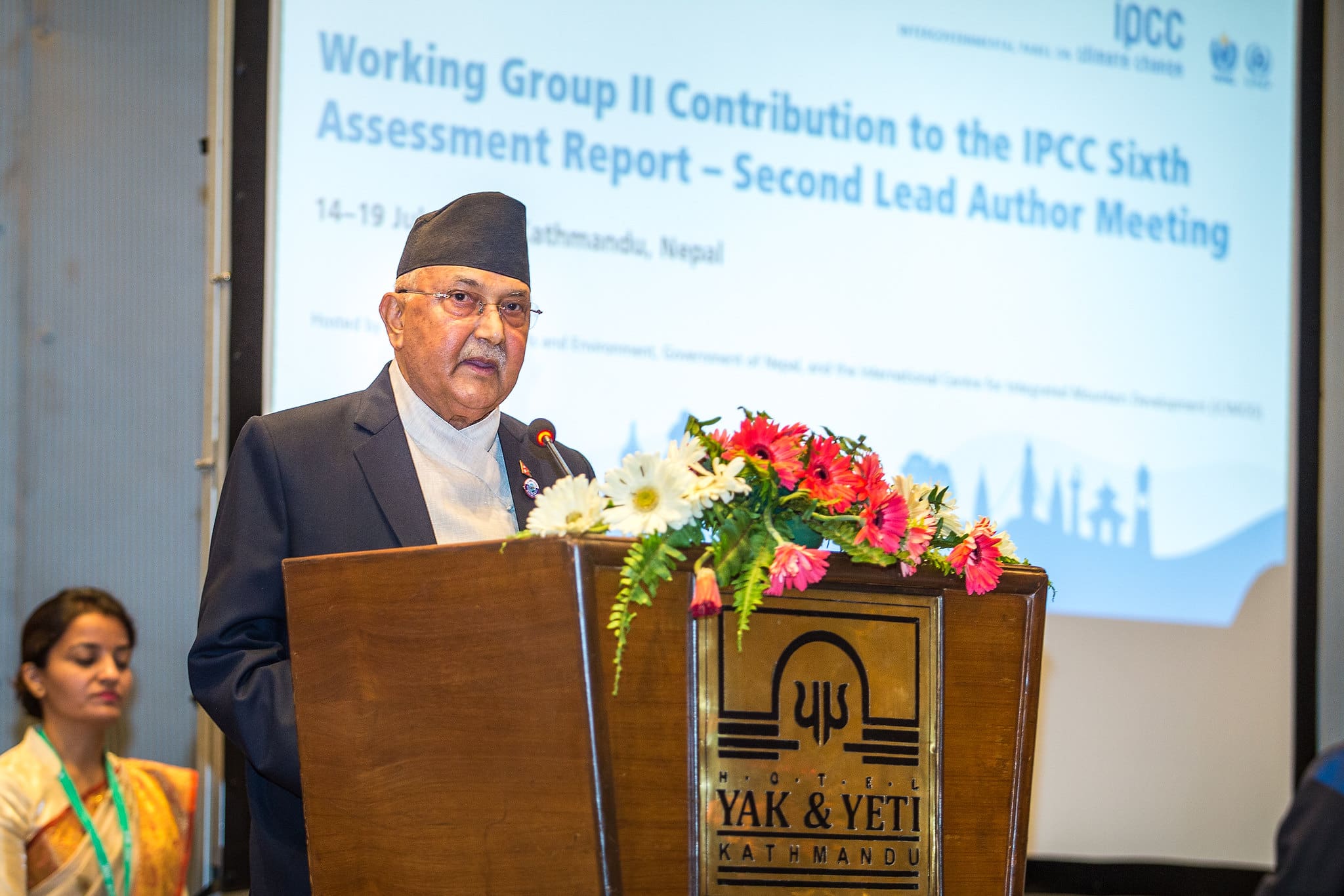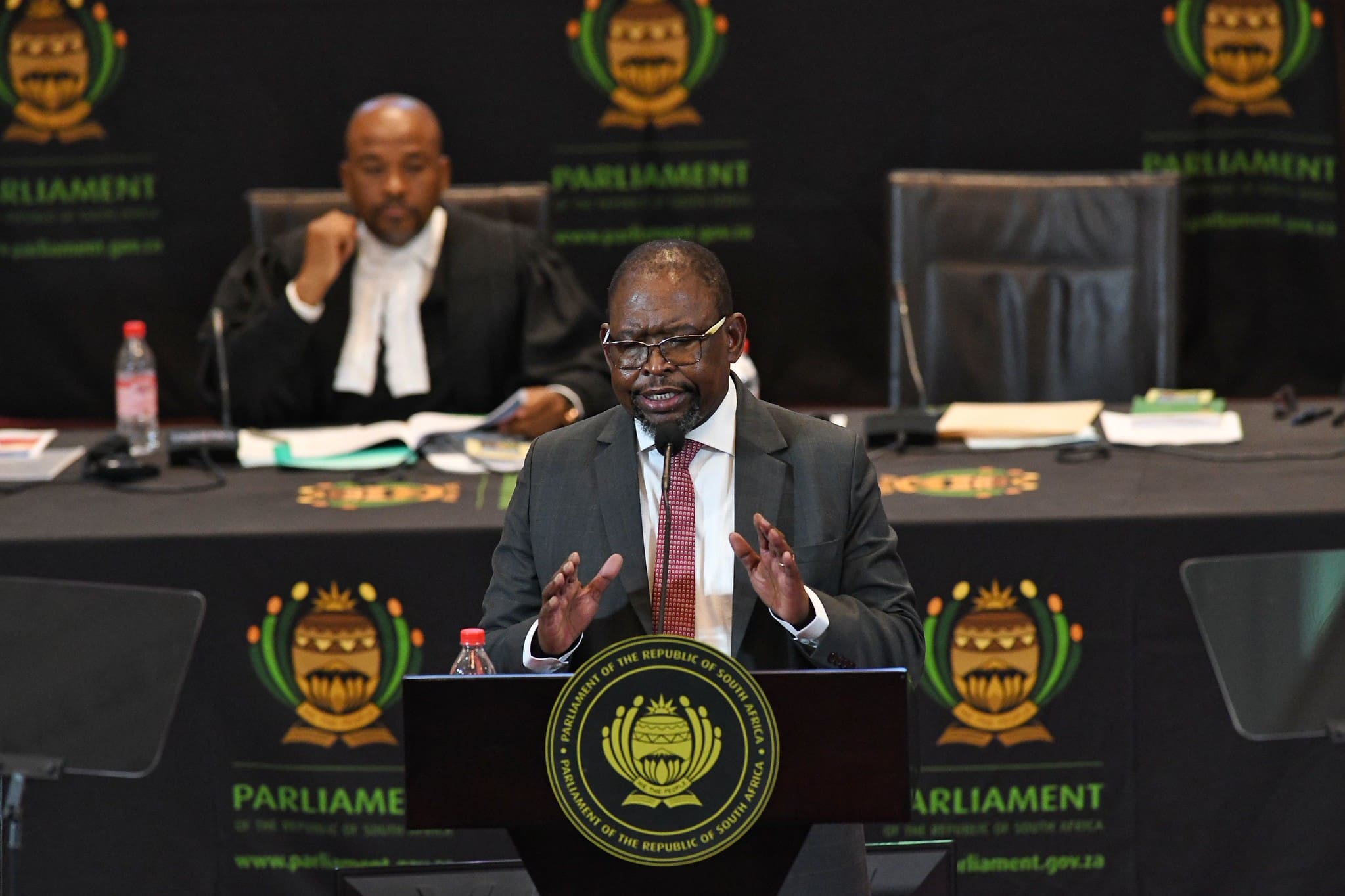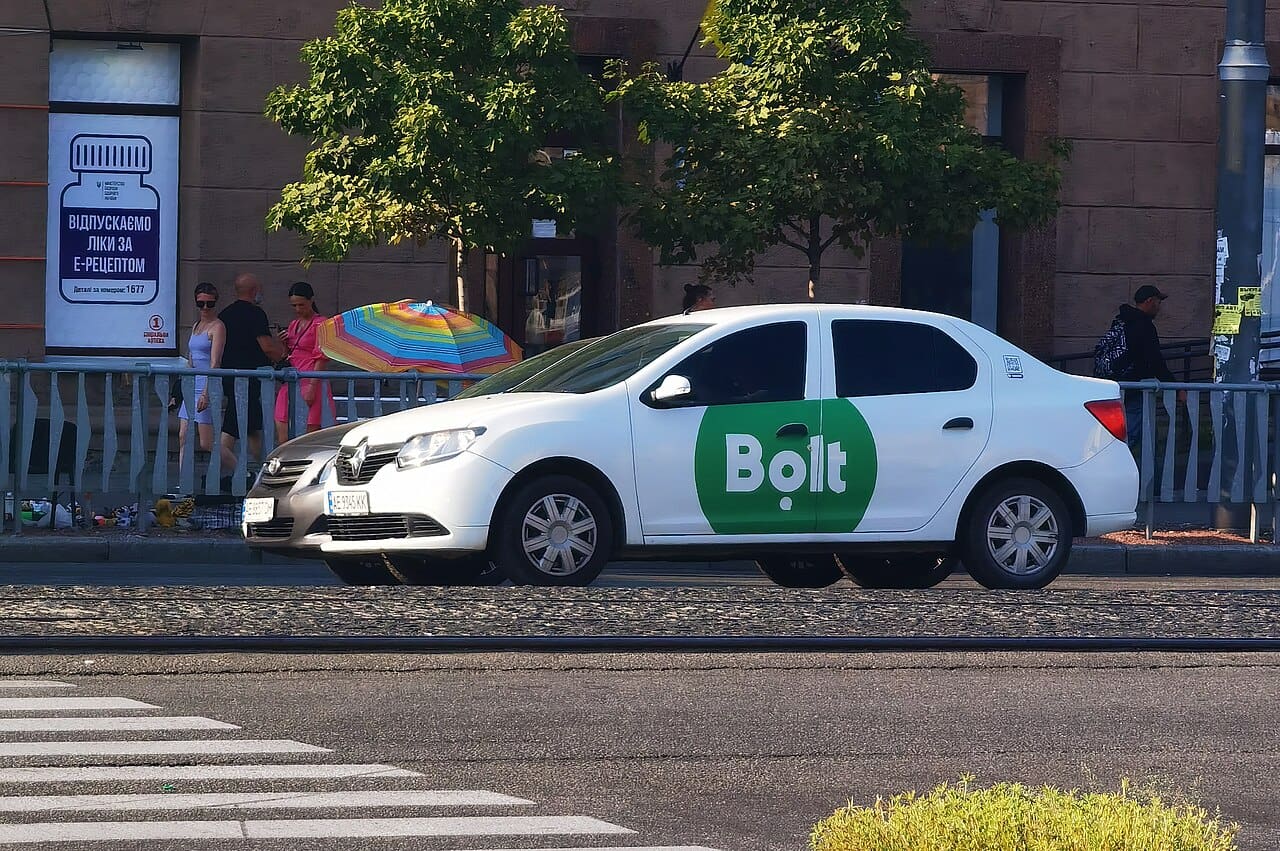Kathmandu is burning — literally and politically. This week, Nepal’s youth-led “Gen Z revolution” exploded into the streets after the government banned 26 social media platforms, including WhatsApp, YouTube and WeChat. Many news outlets would like you to think it’s because younger people simply cannot imagine a world without digital stimuli. But it’s actually because their government is trying to censor them.
Weeks of online outrage over corruption and political “nepo kids” flaunting luxury lifestyles had simmered, and for a generation fed up by leaders rotating power like musical chairs, this was the breaking point.
When tens of thousands marched in Kathmandu on Monday, security forces responded with live ammunition, rubber bullets and tear gas. At least 19 people — mostly students and young workers — were killed that day, with the death toll now at 22 and hundreds more injured. Survivors told reporters they were unarmed and simply demanding an end to corruption. “The politicians are just selling our country for their own greed. That’s not supposed to happen,” said an 18-year-old from his hospital bed.
By Tuesday, the fury had boiled over: protesters breached parliament, set government offices ablaze, and even torched the homes of politicians. One former minister’s wife was badly burned, and airports and hotels were attacked. Government finally acted. Prime Minister KP Sharma Oli — on his fifth stint in power — and several cabinet ministers promptly resigned, and the administration lifted the ban on social media.
But for many, it felt like too little, too late, plus the anger wasn’t just about the recent censorship. It was about years of corruption, inequality and a political elite seen as enriching their own while one in four Nepalis live in poverty. Soldiers now patrol Kathmandu, forcing protesters to their knees in midnight raids. With the army effectively in charge and no clear successor, Nepal’s future looks uncertain.
For now, Gen Z activists are debating their next move online, from fresh elections to term limits, and watching for new leaders. The name on everyone’s lips? Balendra “Balen” Shah, Kathmandu’s rapper-turned-mayor, who voiced support for the movement while sensibly urging restraint. Protestor violence weakens their cause.
Nepal has seen revolutions before, from abolishing the monarchy to ending civil war. But this moment feels different: young, digital, and determined. As one protester put it: “This is our revolution. It’s our turn now.” ✊




